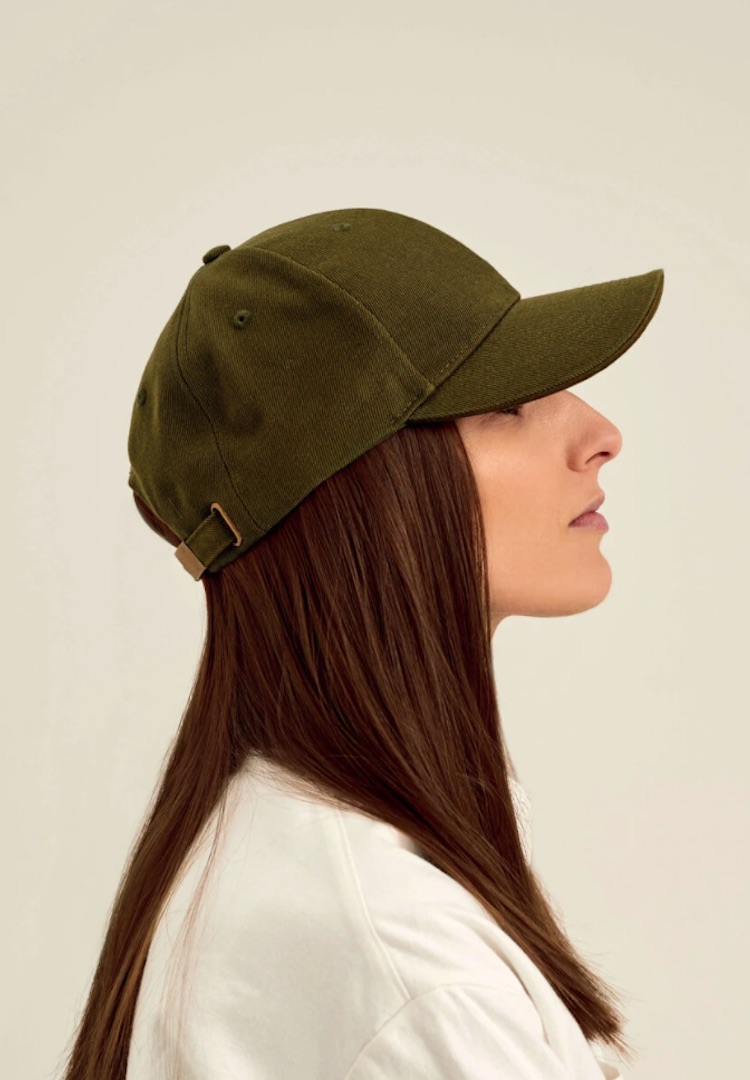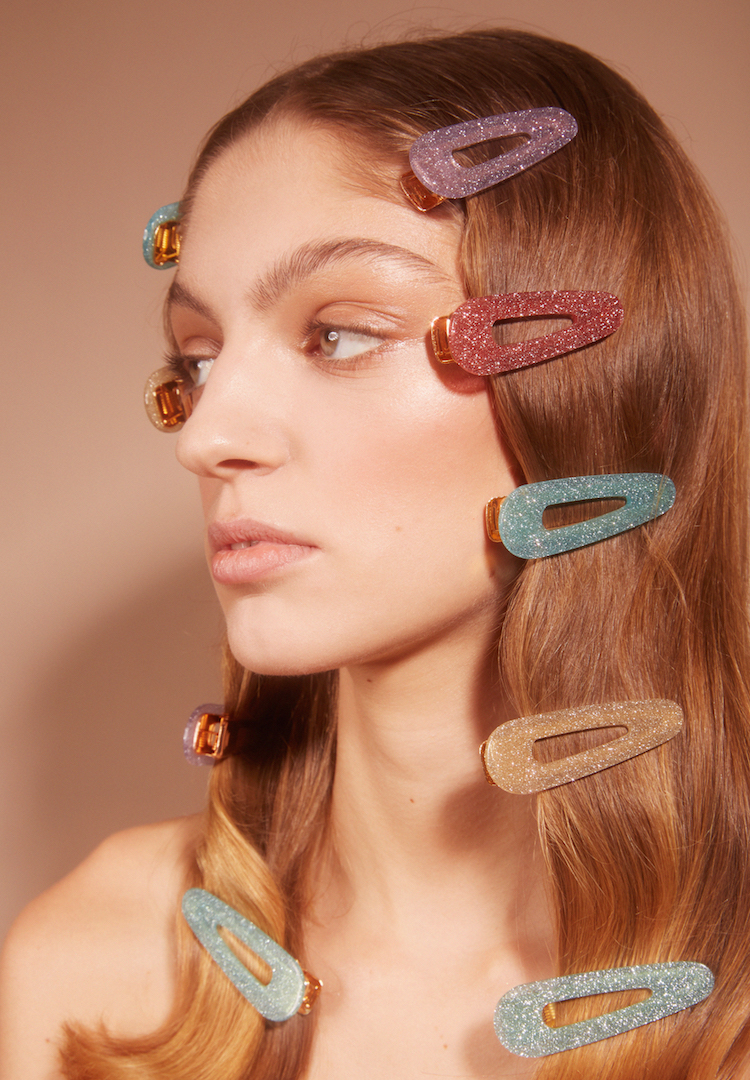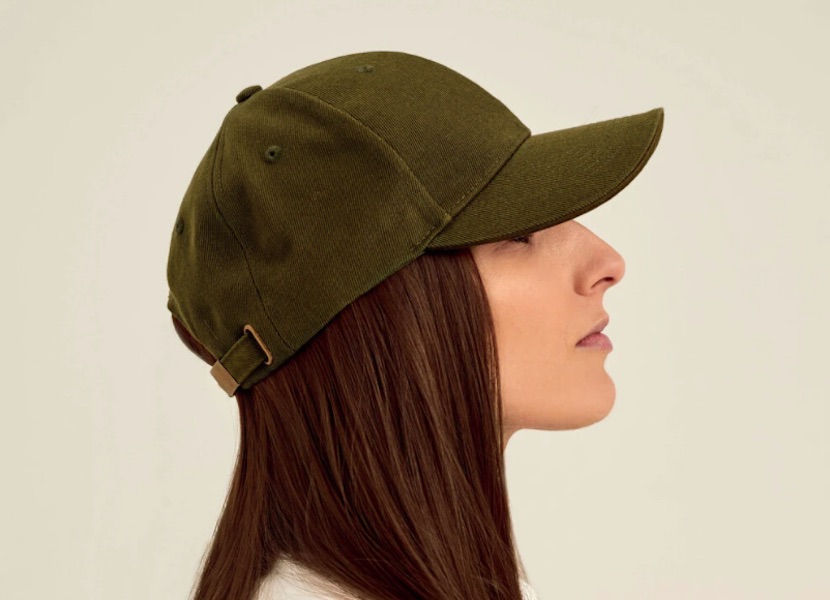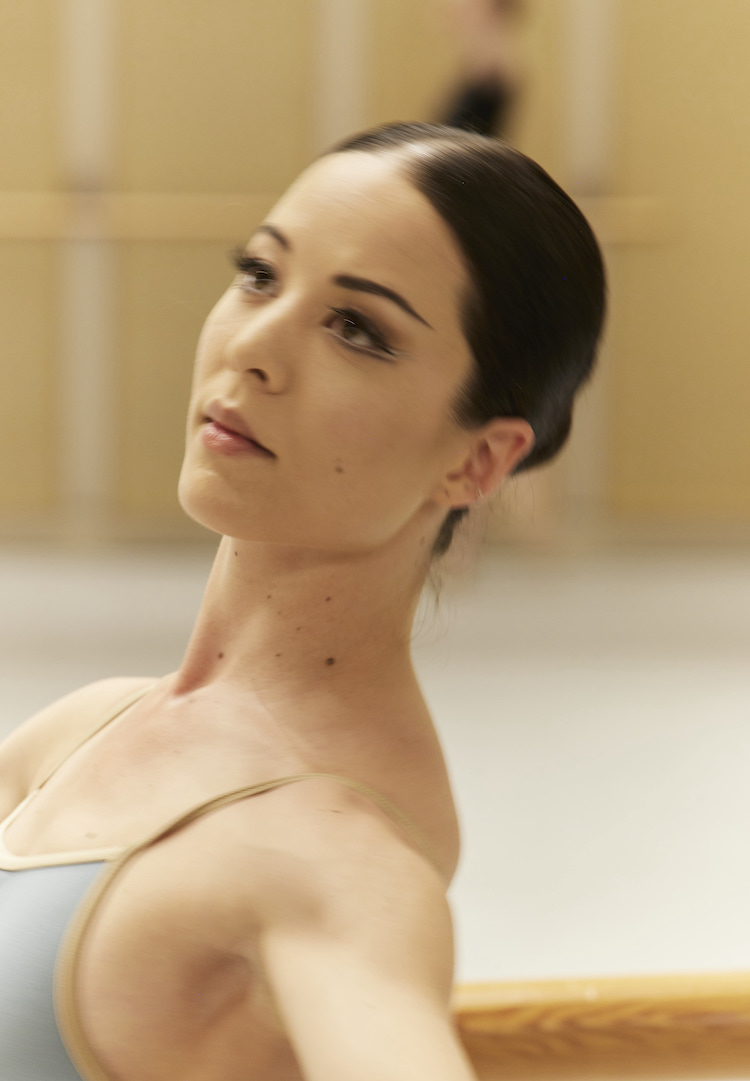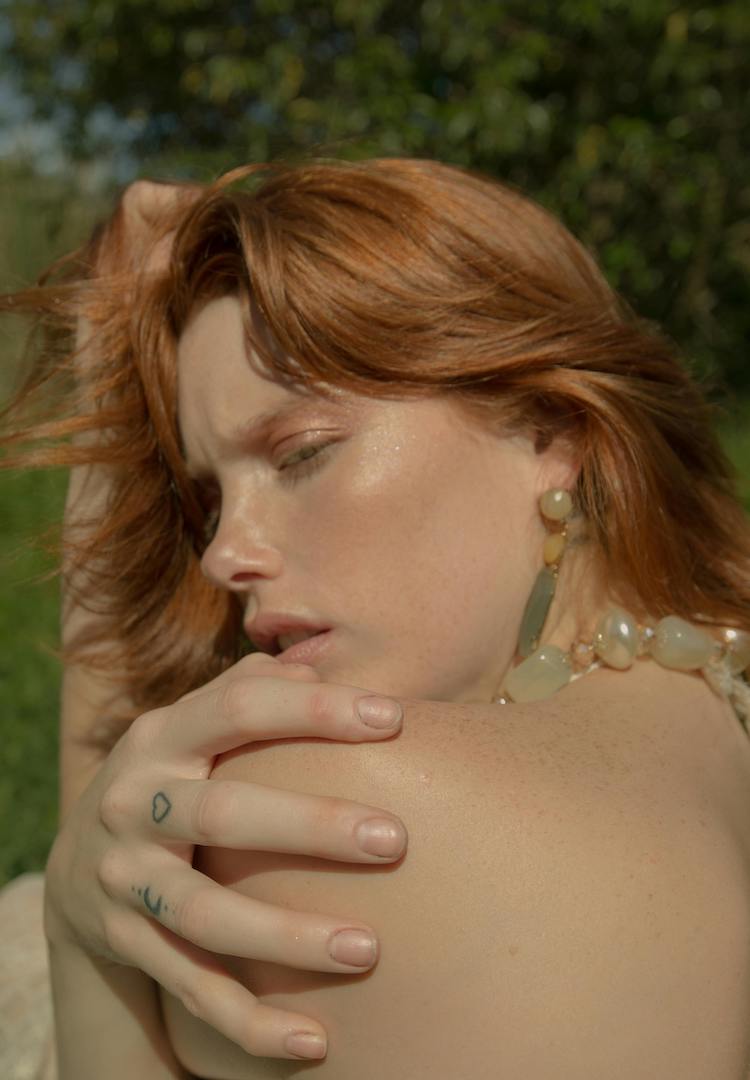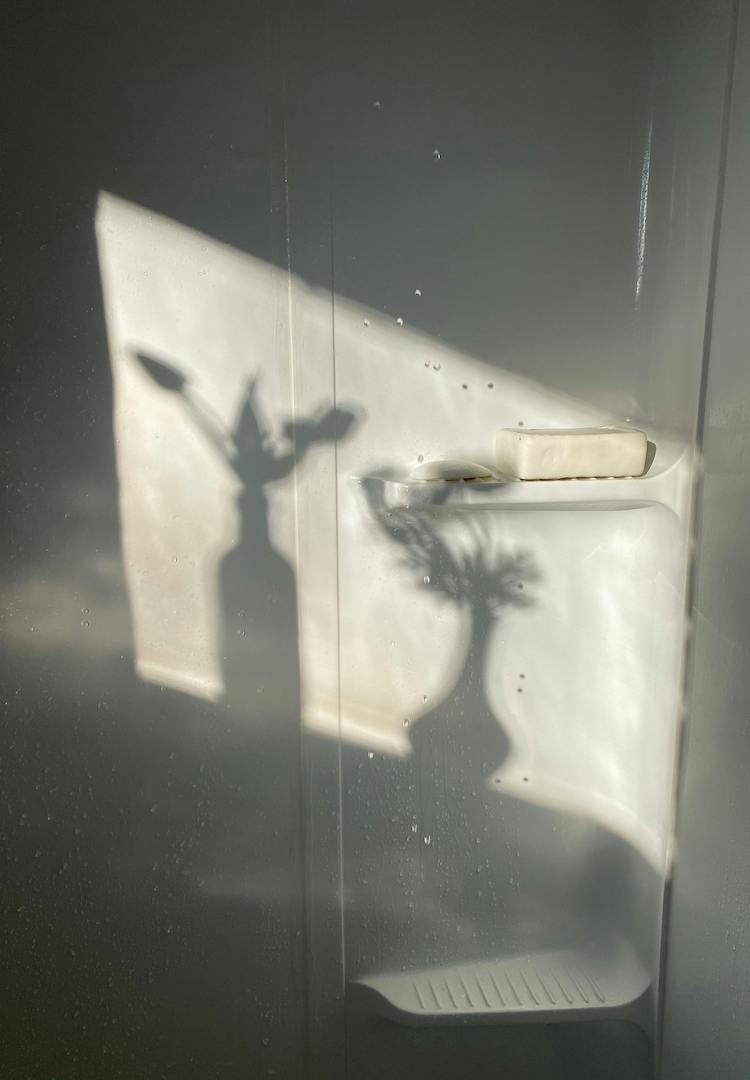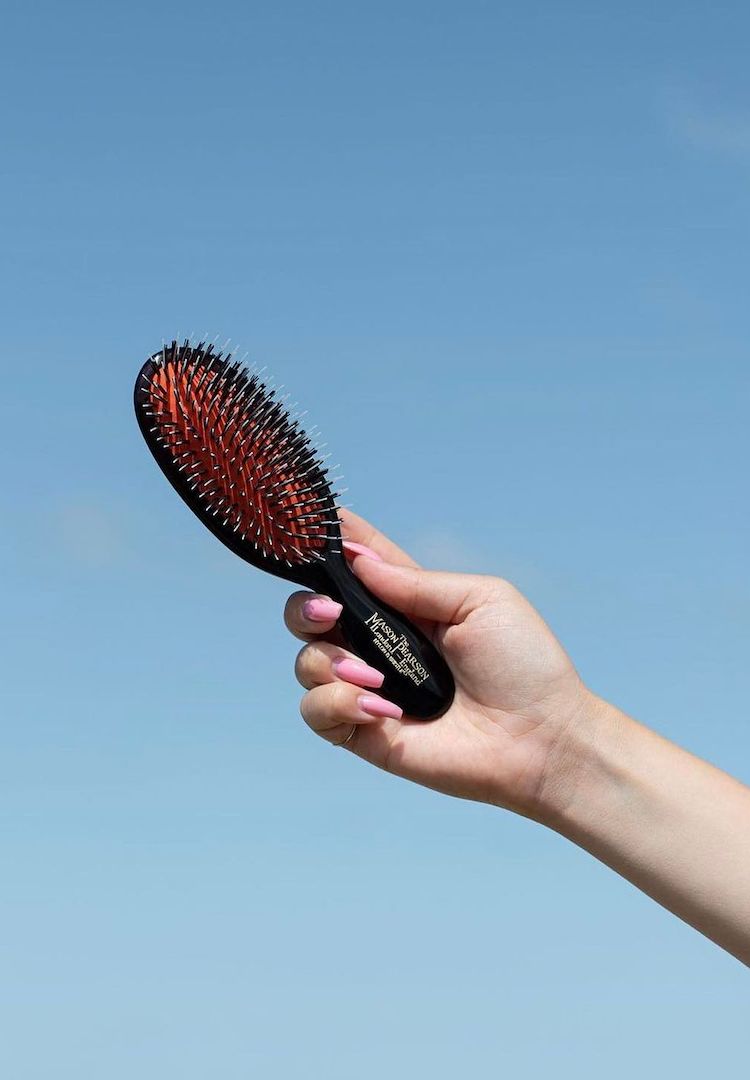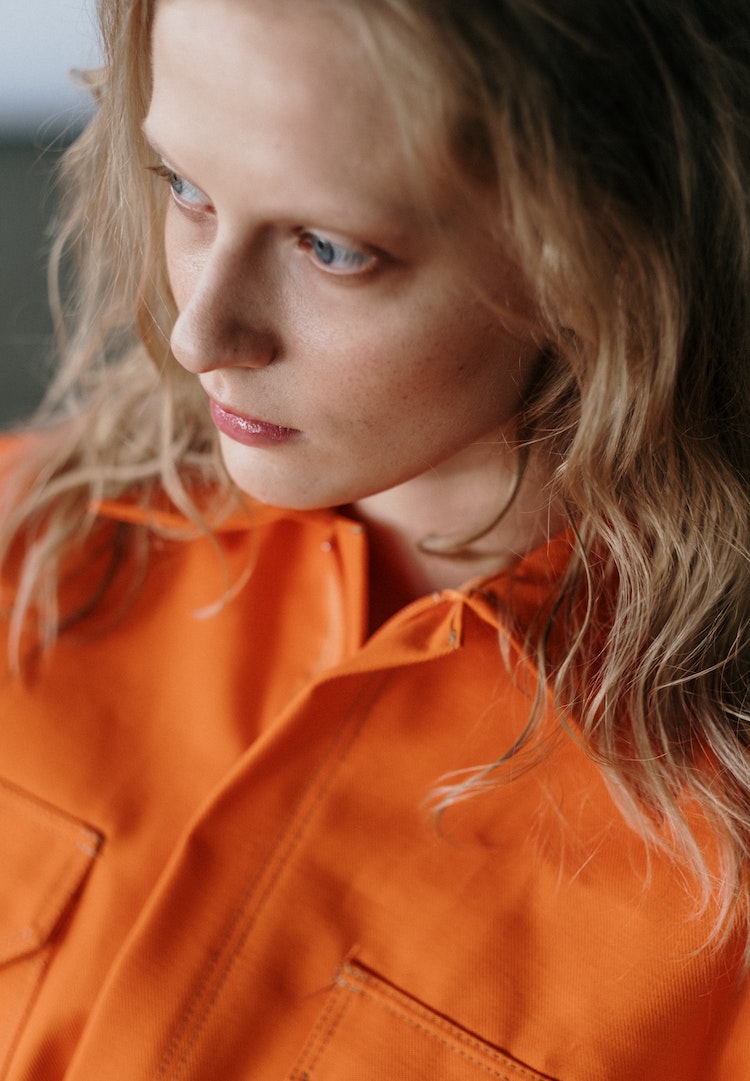“You still look good” and other remarks you shouldn’t make to women experiencing hair loss
IMAGE VIA SOMEONE’S SUNDAY
How you may unintentionally gaslight, minimise and offend.
When someone you know starts experiencing hair loss, it can result in awkward and difficult conversations. Our usual ice breakers such as “You look great” or “Have you had a haircut?” can suddenly become very loaded remarks.
Of course, womxn with hair loss are no less beautiful than anyone else. But in the face of conventional beauty ideals that have long associated long hair with femininity, hair loss can breed insecurity.
Many have identified losing their hair as a traumatic experience, which means it’s important for those around them to know how to best show their support.
Approximately 49 per cent of Australian womxn will be affected by hair loss at some point, so it’s likely you know someone who has gone (or will go) through a similar experience, if it’s not you yourself.
Often the best way to show that you care is to simply ask the other person how you can best support them. So I did just that, and spoke to four womxn experiencing hair loss and asked what we should and shouldn’t do to show our support.
One reason that womxn may experience hair loss is due to chemotherapy, as the treatment attacks the hair cells. Taylah Miranda, who is twenty years old, has lost her hair twice while undergoing treatment for leukemia.
“A conversation about someone’s hair loss should only happen when they initiate that conversation,” she tells me.“It’s a very sensitive topic and can cause a lot of insecurity. Acceptance and treating them like every other person is the best support.”
Reflecting upon what her hair meant to her, Taylah tells me that not only did it give her confidence, but it was a part of her personal ‘brand’. Losing her hair was not an easy experience. “If a conversation does occur, it’s kind to remind the person that their hair doesn’t define them and that they are so much more than their hair loss.”
She cautions against unsolicited advice, particularly recommendations of treatments or wigs. “Suggesting alternative hair treatments or wigs to ‘hide’ or ‘fix’ someone’s hair loss is not appropriate, unless the person losing hair specifically brings it up.”
For 35-year-old Brisbane journalist Kellie Scott, losing her hair when she was 27 from androgenic alopecia was a highly stressful experience.
As a journalist who writes about relationships, she tells me her expertise has taught her the best way to respond to someone experiencing hair loss.
“Telling someone with hair loss ‘It’s not that bad’ or ‘There are bigger problems in the world’ is gaslighting and doesn’t leave them room to be honest with you or themselves about what’s going on,” she says.
While I had only ever heard of gaslighting in the context of romantic relationships, I understand how the emotionally-laden concept can be translated into hair loss.
She notes it is important to never minimise someone’s experience and to instead “acknowledge and validate what they are going through”.
While it may be tempting to try and minimise the situation to appease the person, this is not comforting for the person experiencing hair loss to hear. Thirty-year-old Aoife Jane who also has alopecia shares a similar sentiment to Kellie.
“The single most infuriating thing to hear is ‘It’s not that bad’ or ‘Only you notice it’. It’s invalidating the severity of the situation for anyone going through hair loss.”
The line which she hears often and frustrates her the most is ‘It’s just hair’. “It is possibly the most insensitive thing to say or hear,” she says. “It’s not just hair, it is our identity, it’s how we see ourselves and how the world sees us.”
Like Kellie, Aoife also says it irks her when people who have never experienced hair loss try to tell her what to do about it.
“I appreciate support. However, while I am open about my journey, people do not really understand the sleepless nights we have researching treatments, trialling hair products, the doctor’s visits, the blood tests, visiting hair clinic after hair clinic for a solution.”
For Shay Burns, who is 37 years old and has had alopecia since she was 18 months old, asking questions is something she encourages.
“I like when people ask questions – respectfully, of course. I’d rather someone be openly curious than let their questions go unanswered because they’re scared to be insulting. Discussion is an important step in raising awareness of the different types of hair loss women experience,” she explains.
While she enjoys being asked questions, she often finds that people’s comments regarding hair loss are sometimes disappointing.
“Try to avoid conditional statements, such as, ‘Well, you still look good’ or ‘At least you’re not sick’ or (my favourite) ‘You’re beautiful…for a bald girl’.”
Shay thinks that people should remember that hair loss is a unique experience for every different person. This, she believes, determines what you should say. “Listen to how the person has described their experience and respond accordingly. If they tell you it’s been difficult, you might say, ‘Wow. I can’t imagine how tough it must be’.
“If they talk about their hair loss experience and say it doesn’t really bother them, you might respond with, ‘Oh, that’s interesting to know. Thanks for teaching me something new today’. How people frame their story is a good indicator of what response they may be comfortable receiving.”
Although almost half of Australian womxn are impacted by hair loss at some point in their life, Shay makes the point that each experience is different. While it makes sense to learn the best ways to show your support, people’s preferences can be unique.
For this reason, all of these womxn encouraged us to simply listen to their stories without judgement or criticism, which to me seems like a straightforward thing to do.


